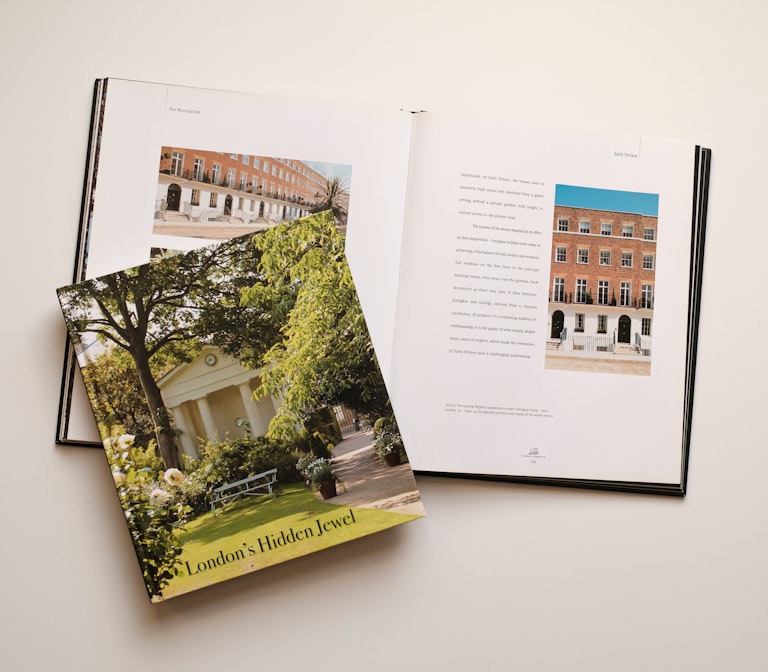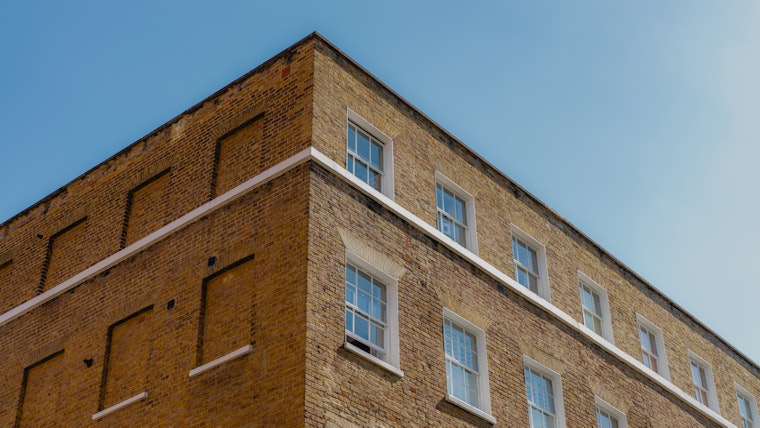History
Home to stories and legends, Earls Terrace was first erected in the early 1800s. Rising from the farmlands of the Edwarde's family estate, Earls Terrace still represents a piece of historic Kensington today.
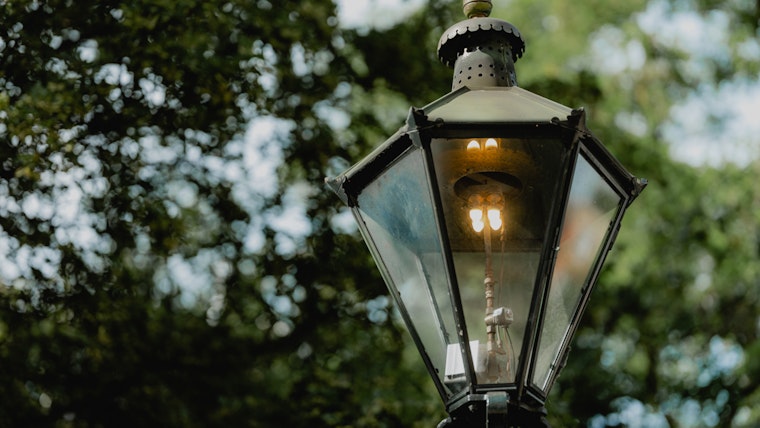
1811-1820s
In 1811 an agreement was made between Lord Kensington and Louis Changeur for the development of Earls Terrace. The motivation behind this agreement was rooted in the belief that Napoleon's officers would live here once the French had successfully invaded Britain.
1840-1851
James Leighton Hunt lived at Earls Terrace from 1840-1851. His blue plaque can be found at Earls Terrace, a photo depicting this below. He was a poet, journalist, critic and the author of one of Kensington's first books, "The Old Court Suburb".
1885-1893
Walter Pater, essayist, literary and art critic, and writer of fiction, lived at No. 12 earls terrace from 1885 to 1893. His blue plaque can still be seen today.
1939-1941
During the 1900's the single family houses were converted into flats - 5 flats per home. In 1939 the Edwardes Square Garden was used by the R.A.F as a balloon command. In late 1940 through 1941, London was bombed 75 times, with No. 11 Earl's Terrace experiencing damage.
1994-2000
In 1994, Northacre, a London-based company, bought and redeveloped Earls Terrace, transforming it into the impressive restored properties we see today. The flats were converted into 23 single-family houses with basements, and each house's rear was extended on the ground and lower ground, providing additional amenities for residents.
The Georgian Approach
To this day, Earls Terrace remains the most in-tact and well-cared for Georgian Terrace in all of Kensington. With classical approaches that span the length of all terraces, Georgian builders were devoted to craftmanship and finding a considered balance between every window and surface.
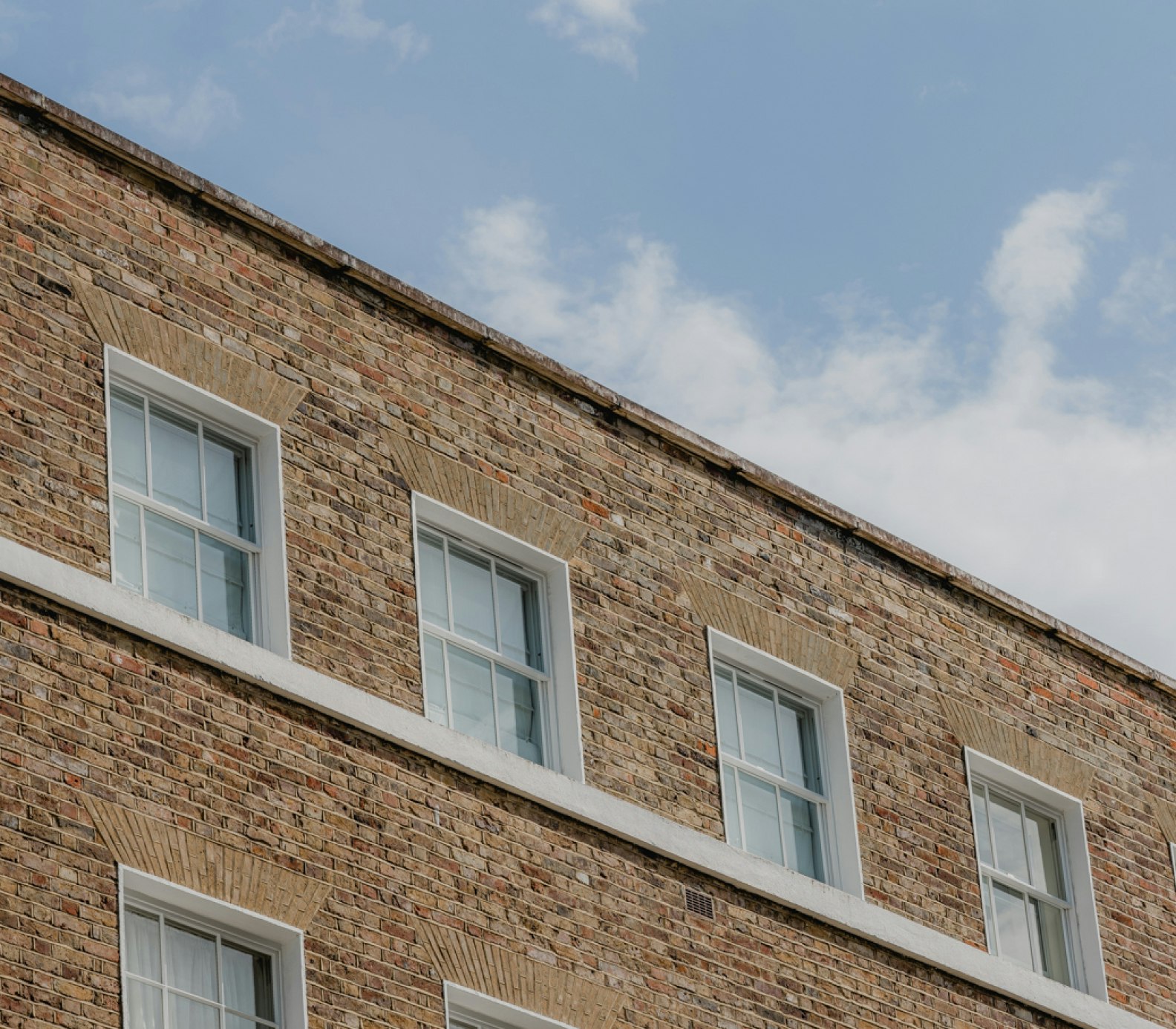
A lineage of artists
The Royal borough of Kensington & Chelsea has deep roots in the artistic community, dating back to before the 1800s. The home of the first and only ennobled British painter, Lord Leighton, is just 150 metres from Earls Terrace. Profoundly influential in the artist community, Queen Victoria bought Lord Leighton's first piece of art in 1855. The museum is open today to visitors looking to experience the perspective of such a local, historic influence.
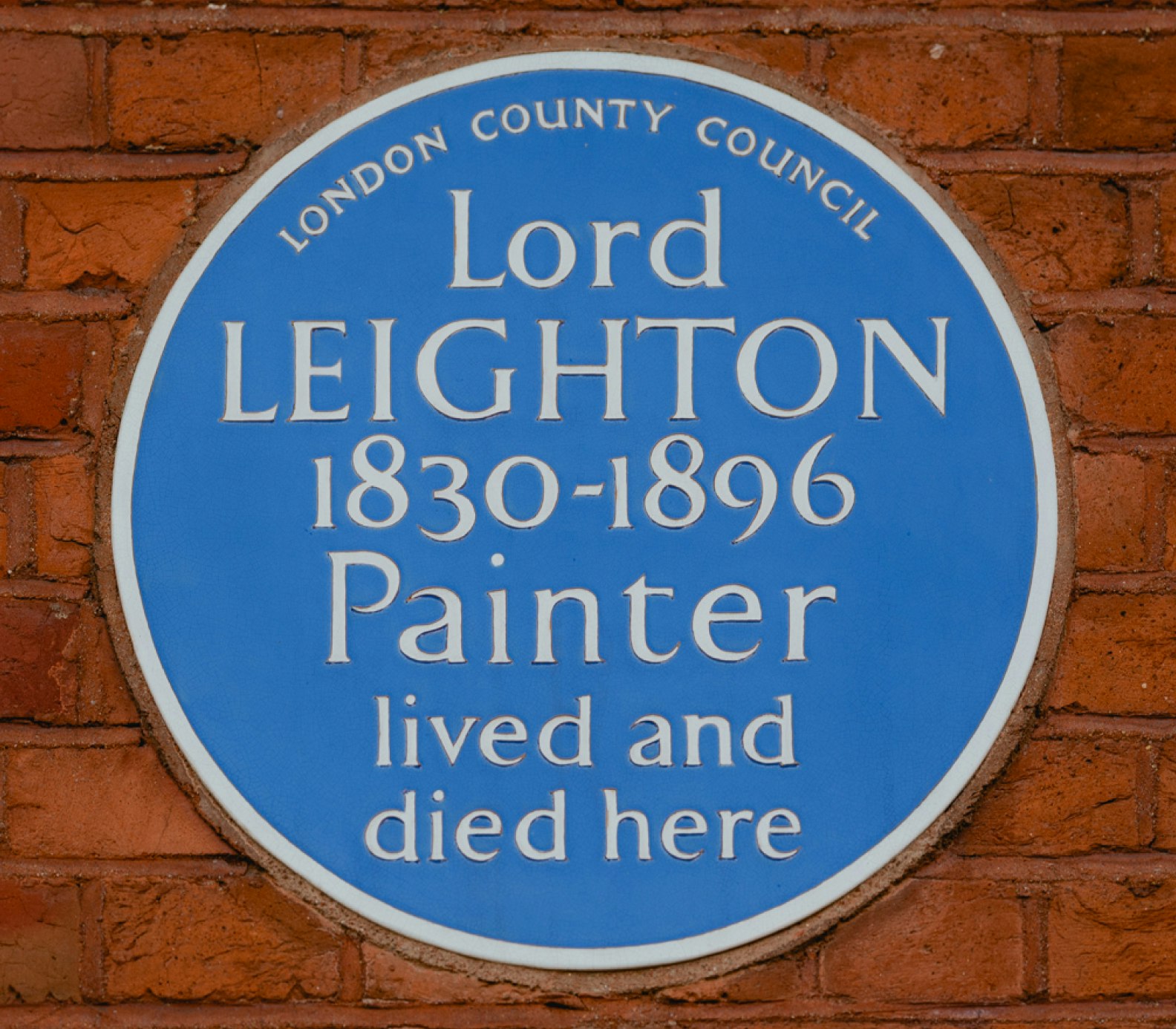
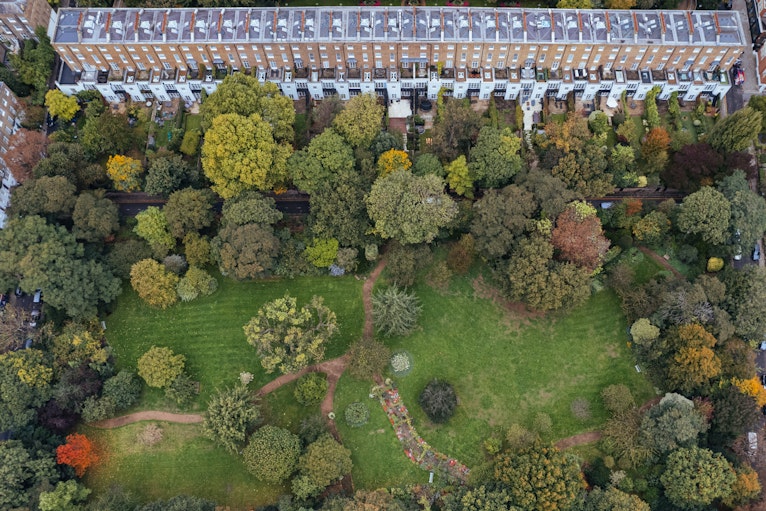
We are original homeowners on Earls Terrace and have lived here for 20+ years. The three items we value most about Earls Terrace are the 24x7 security, the sense of community and the south facing views onto our Edwardes Square private garden.
Edwardes Square Key Garden
The hidden splendor of Edwardes Square Key Garden was thought to be laid out in 1819 by Mr. Alexander Paul Sack. Flourishing over the years, structures such as the famous Grecian-style Temple, built in 1820, continues to house the Square's primary caretaker & gardener. Residents can still see a war bunker covered with shrubbery and vines that acts as a bike storage for families. Guests can enjoy the Garden's rose pergola including long-standing lilacs, a variety of trees and flowering magnolias, cherry and robinias
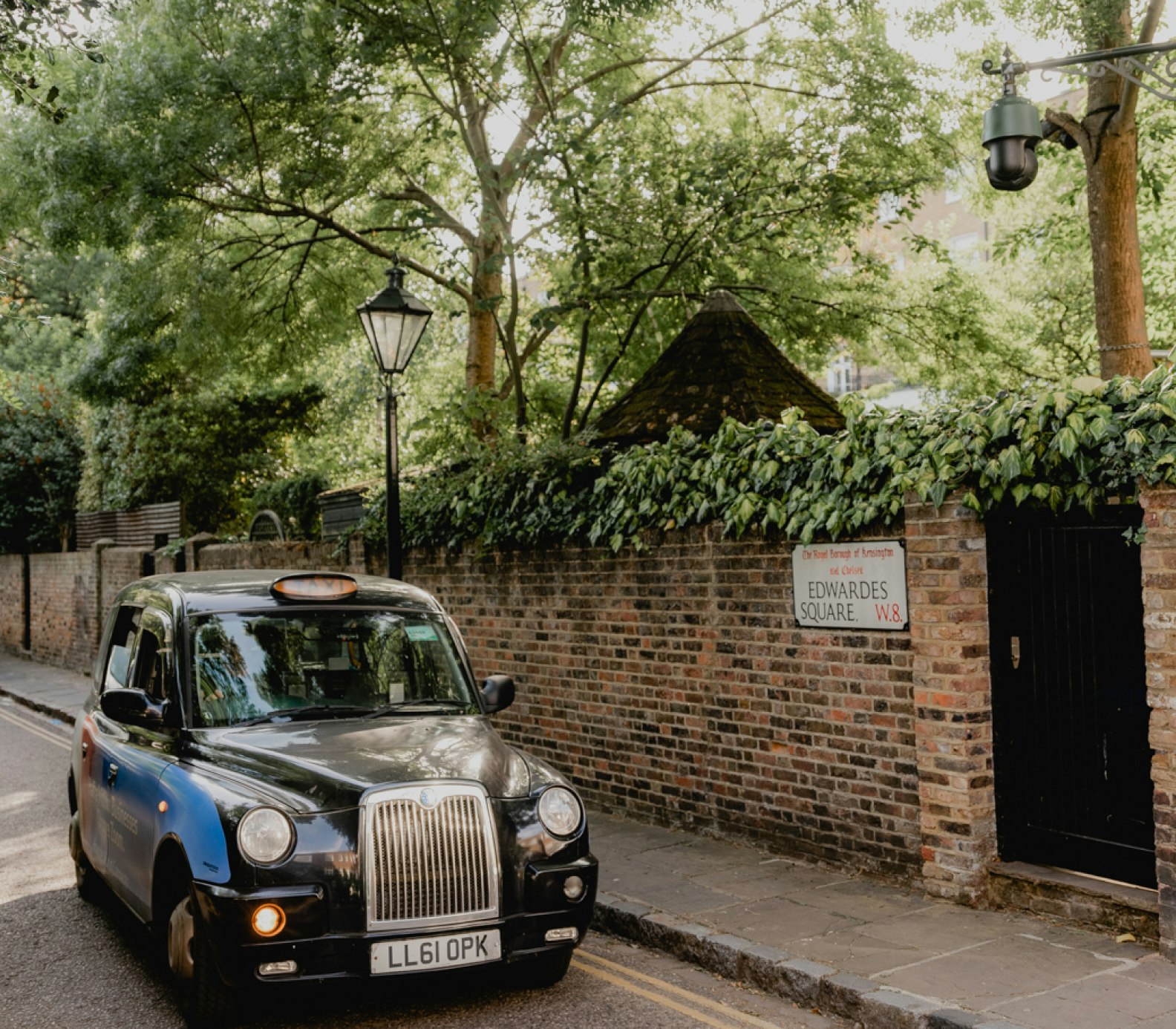
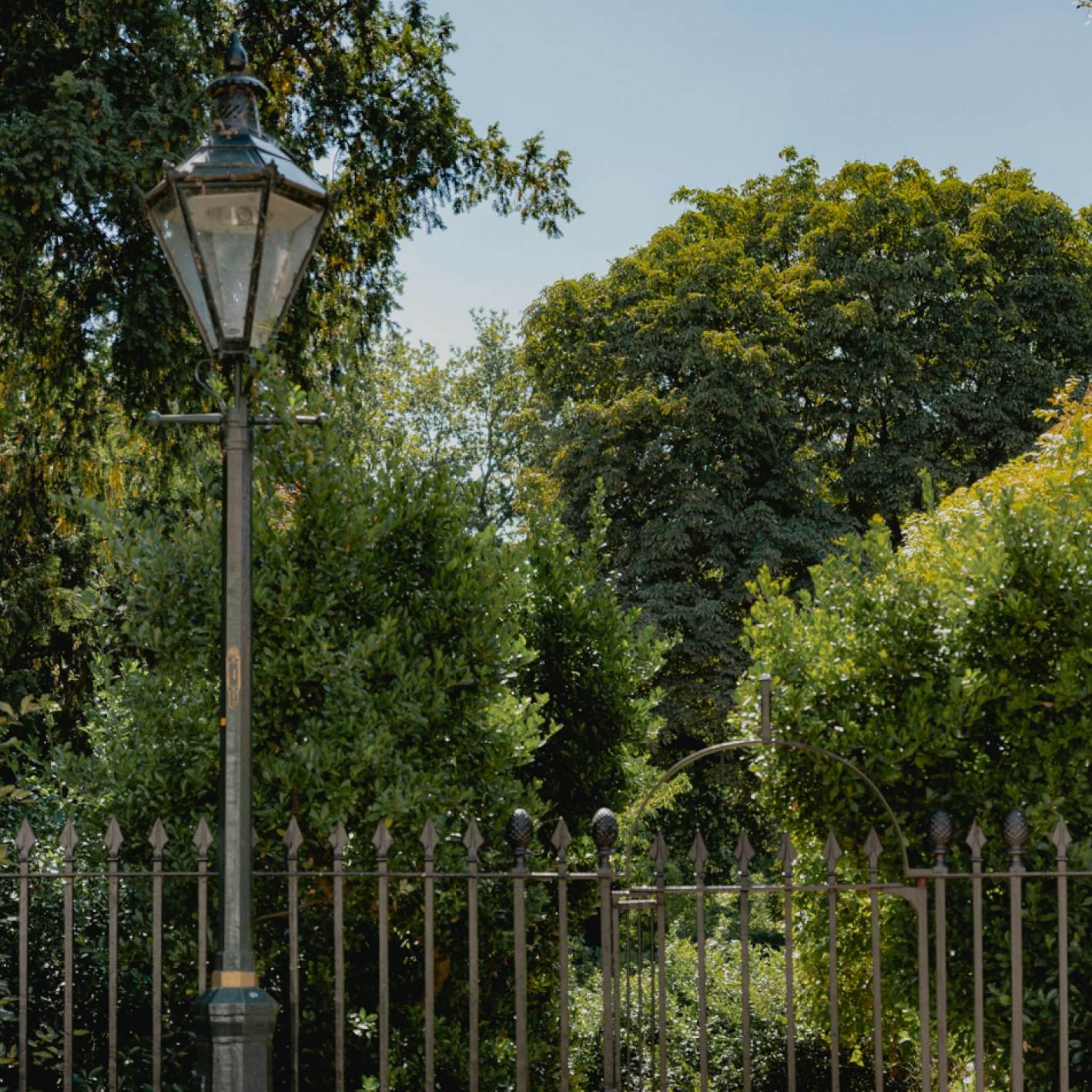
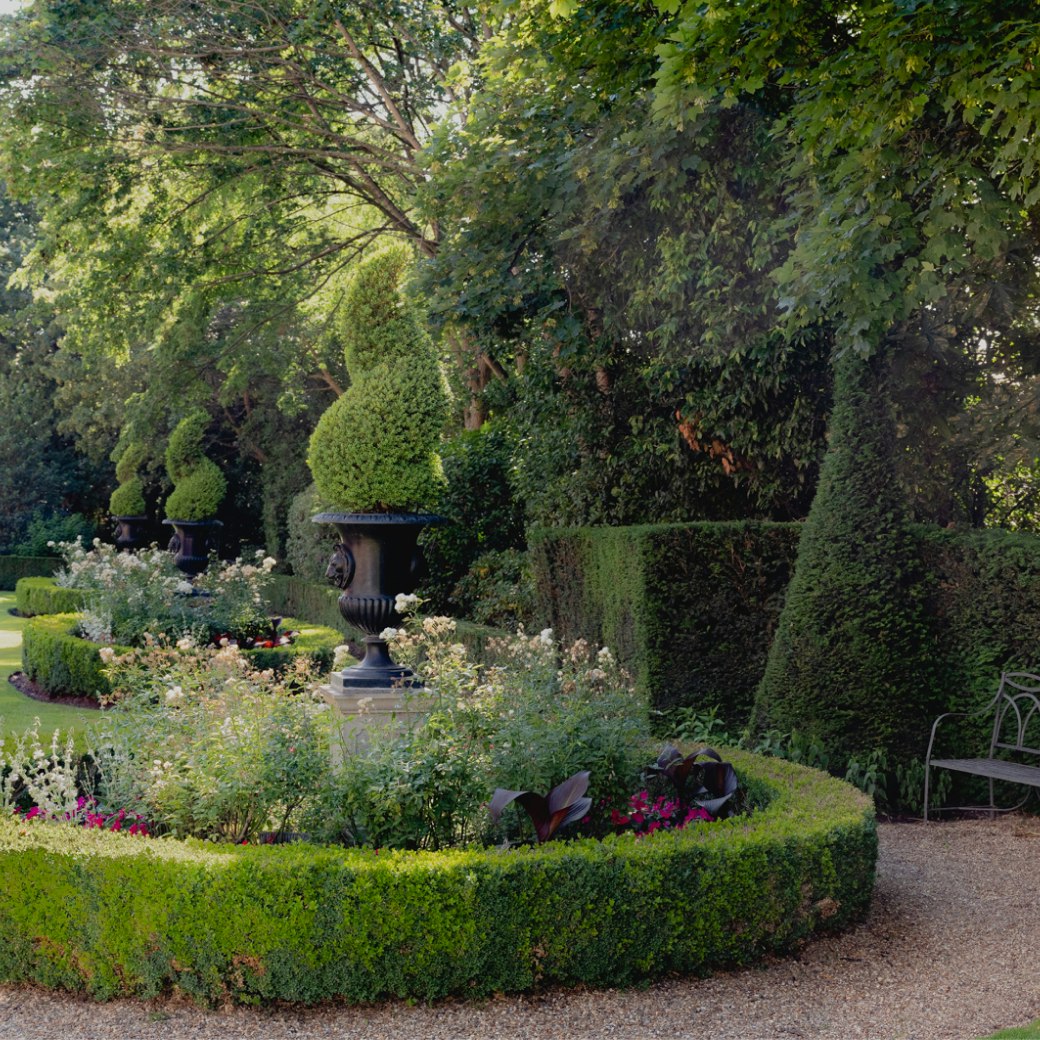
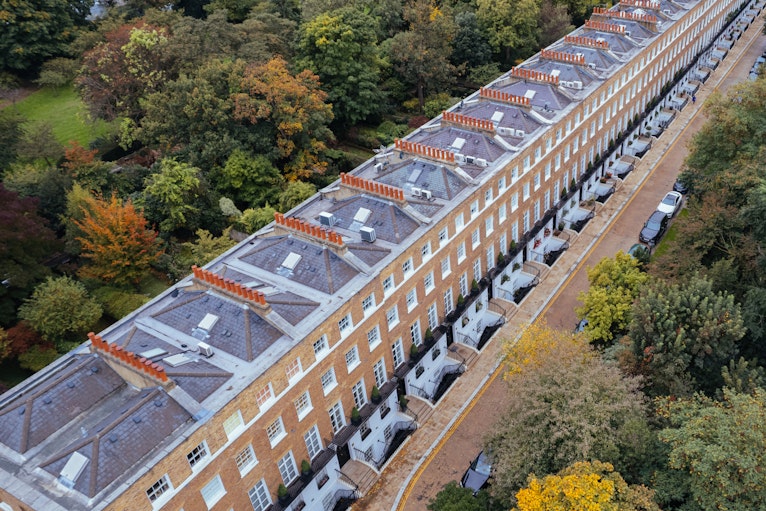
A statement of elegance
Originally crafted of iron or brass, the lion head motif was an original part of the mouldings and can be seen dotted around the property to this day. Each doorway has a handsome brass lion head knocker to maintain a level of uniformity, whilst also featured neatly across planters on the carriage drive.
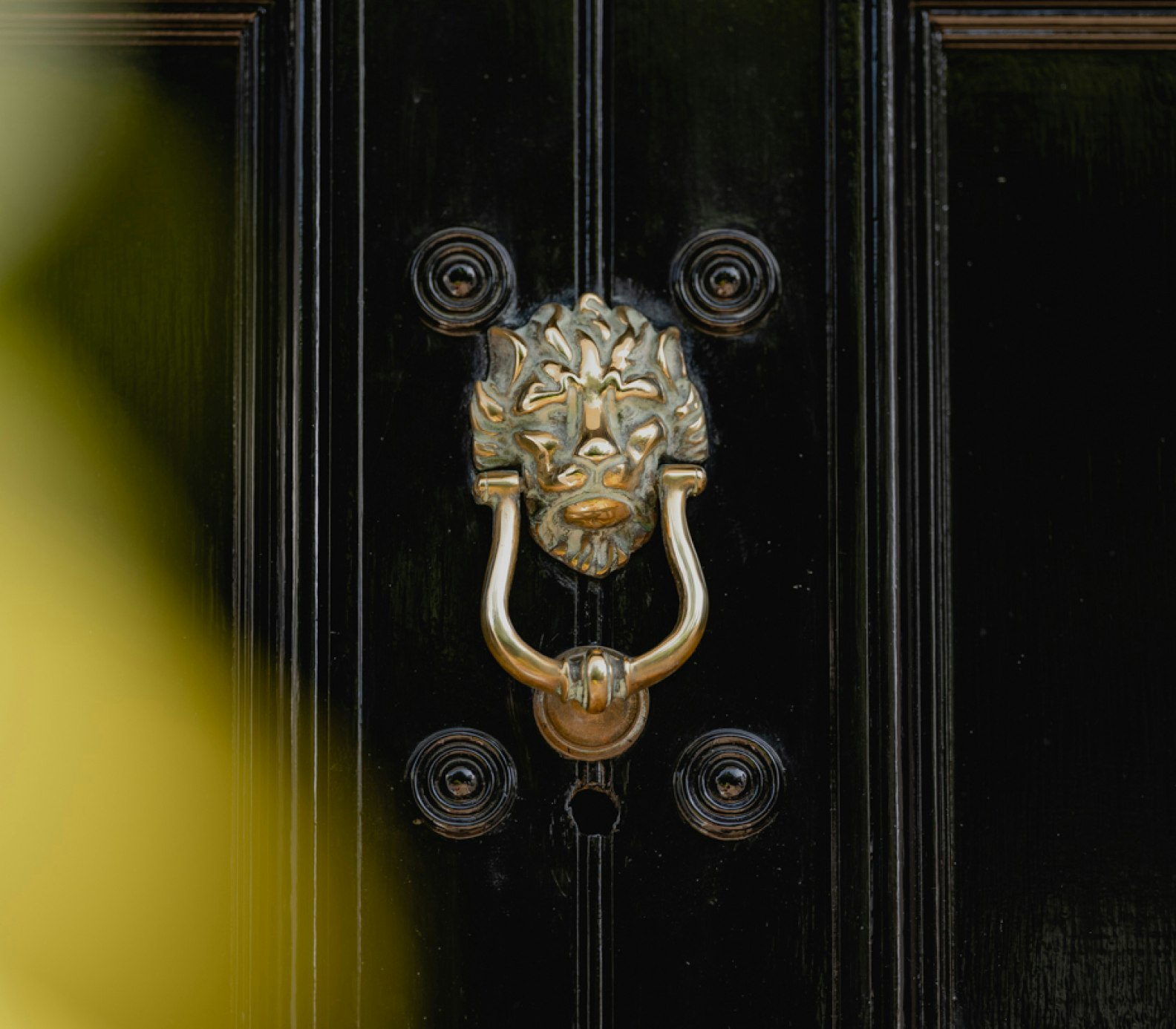
Further reading
For more history of the terrace and Edwardes Square Garden, please read ‘Revival; Three London Landmarks Reborn’, by Cima books and ‘London’s Hidden Jewel’ by The Edwardes Square History Group 2012.
